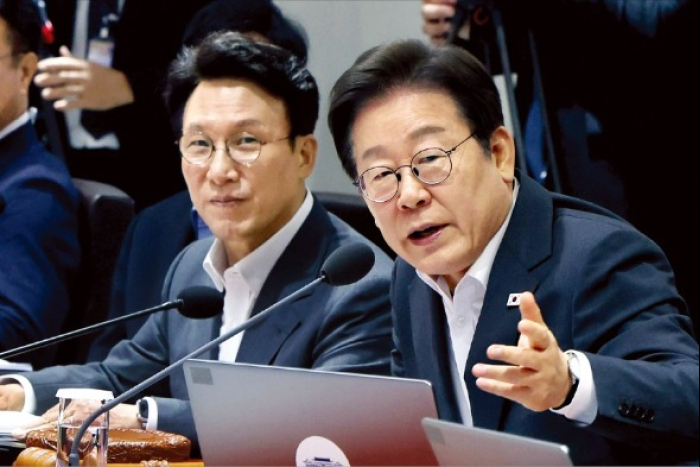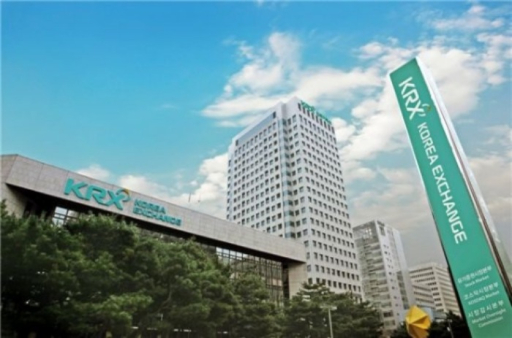
South Korea’s government and ruling Democratic Party on Tuesday agreed to raise the top corporate tax rate and lower the capital gains threshold for large shareholders as the country is ramping up fiscal spending to revitalize Asia’s No. 4 economy.
Rolling back the 2023 tax cuts introduced under the Yoon Suk Yeol administration, President Lee Jae-myung plans to increase the top corporate tax rate to 25% from the current 24%.
In 2023, then President Yoon Suk Yeol lowered the top corporate tax rate to 24% from 25%, the rate set in 2017 by his predecessor Moon Jae-in, who had raised it to 25% from 22%.
As part of efforts to broaden the tax base, the government will also tighten the definition of the largest shareholders in a single listed company by lowering the threshold to holdings of at least 1 billion won from 5 billion won, reinstating the 2022 standard.
Shareholders designated as the largest shareholder in a listed company is subject to the tax rate of 22-27.5%, including local income tax — the highest rate applied among shareholders.
They must pay capital gains tax on any stock sales over the following year, regardless of price declines.
The Democratic Party said the tax reform is part of normalizing tax plicy and shore up public finances.
Jung Tae-ho, chair of the Strategy and Planning Committee of the Democratic Party, estimated the tax reform would increase annual tax revenue by about 7.5 trillion won ($5.4 billion).
Despite objections from the main opposition People Power Party, the tax reform is widely expected to pass the National Assembly, where the ruling party holds a majority.

TAXES ON TOP SHAREHOLDERS
The threshold for the largest shareholder in a listed company has been lowered over the past two decades.
It was slashed to 1 billion won in 2020, compared to 1.5 billion won in 2018; 2.5 billion won in 2016; 5 billion won in 2013; and 10 billion won in 2000.
However, former President Yoon Suk Yeol reversed that policy in December 2023, restoring the threshold to 5 billion won.
While the reform is expected to boost tax revenue, analysts warn it could trigger a wave of share sales near year-end to avoid being classified as largest shareholders.
They also point out that the policy may undermine President Lee’s efforts to propel the Kospi index to 5,000 points, a level yet to be seen in the history of the Korean stock market.
To shore up the stock market, the Democratic Party is seeking to reduce tax burdens on dividend income through a separate taxation scheme.
However, some ruling party lawmakers cautioned that the proposed cut in dividend income tax could end up benefiting high-net-worth individuals, including large shareholders, effectively amounting to a tax cut for the wealthy.
The move comes after the parliament passed an amendment to the Commercial Act early this month to strengthen minority investors’ protection, despite strong opposition from business leaders.
Additionally, the ruling party is moving forward with an amendment to laws to require listed companies to cancel treasury shares within one year of acquisition to raise their shareholder value.
By Hyun-Woo Kang and Hae-Ryon Choi
hkang@hankyung.com
Yeonnhee Kim edited this article.















